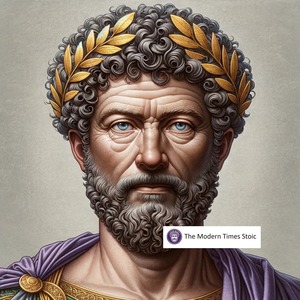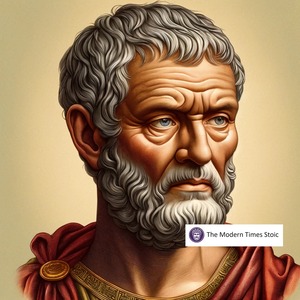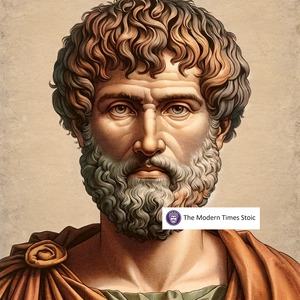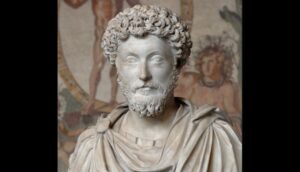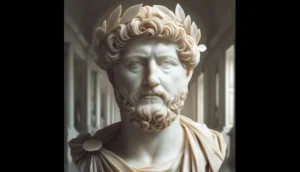Table of Contents
Introduction
In the epic film “Gladiator”, directed by Ridley Scott, Marcus Aurelius plans to return power from the corrupt Roman Empire to the Senate, hoping to restore republican governance. His vision of a better future does not sit well with his son, Commodus, played by Joaquin Phoenix. In a poignant and climactic scene, Marcus Aurelius informs Commodus of his decision to make General Maximus (Russell Crowe), a loyal and moral soldier, his successor, in order to ensure the transfer of power to the Senate. Hurt and enraged by what he perceives as betrayal, Commodus confronts his father in a private, tension-filled meeting. The confrontation ends tragically when Commodus suffocates Marcus Aurelius, killing him in a fit of rage and grief. This act of patricide is purely fictional—there is no historical evidence to suggest that Commodus murdered his father in such a manner.
So, how did Marcus Aurelius really die? While there is no definitive answer, we can turn to the accounts of various historians for insight. These scholars provide a range of perspectives on how the last good emperor died.
1. Cassius Dio
Cassius Dio, a Roman senator and historian, offers a controversial theory suggesting that Marcus Aurelius might have been murdered. He claims that Marcus’ physicians hastened his death by administering drugs, potentially to do Commodus a favor, allowing him to ascend to sole emperorship sooner. Dio’s account implies that this act was more about euthanasia than outright murder.
2. Herodian
Herodian was a minor Roman civil servant and is best known for his work “History of the Empire from the Death of Marcus”
In his book, he said the following about Marcus Aurelius illness and how he died.
“When Marcus was an old man, exhausted not only by age but also by labors and cares, he suffered a serious illness while visiting the Pannonians. When the emperor suspected that there was little hope of his recovery, and realized that his son would become emperor while still very young, he was afraid that the undisciplined youth…”
“Troubled by these thoughts, Marcus summoned his friends and kinsmen…”
“At this point Marcus suffered a severe fainting spell and sank back on his couch, exhausted by weakness and worry. All who were present pitied him, and some cried out in their grief, unable to control themselves. After living another night and day, Marcus died.”
3. Historia Augusta
The Historia Augusta is a late Roman collection of biographies written in Latin, detailing the lives of Roman emperors, their associates, heirs, and usurpers from 117 to 284 AD.
“When he began to grow ill, he summoned his son and besought him first of all…”
“Being eager to die, he refrained from eating or drinking, and so aggravated the disease.”
This source suggests Marcus died from a contagious disease after intentionally hastening his own demise through starvation, a form of euthanasia common at the time.
Conclusion
While the movie “Gladiator” opts for a dramatic assassination plot, historical records predominantly support the theory that Marcus Aurelius died of natural causes, specifically from a disease. The idea of murder, particularly by Commodus, is generally seen as a less credible theory and not widely accepted by modern historians.
